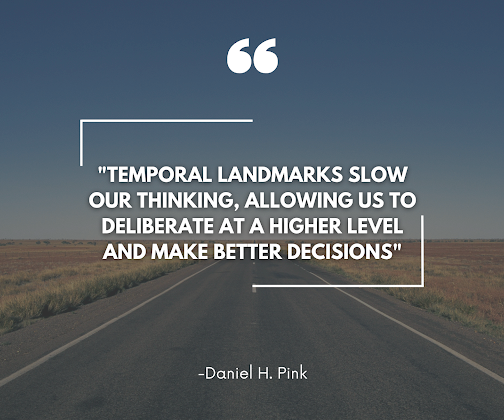Is there anything better in life than a thought-changing ah-ha moment? Honestly, I'm not sure there is. Especially when it's something that can redefine the way you think about a role that you know and love.
No CFO of the future wants to be a steward - that's about as dry as it gets, right? Wrong.
As someone who has spent the majority of my professional life as a finance leader or working to support CFOs in my CFO coaching business, I wasn't expecting to ever be excited about the term stewardship.
But that's exactly what happened after a conversation with one of my coaches.
But before we talk about that conversation, let's look at what the traditional definition generally refers to.
Stewardship of the past
The traditional definition of CFO stewardship is;
• Keeping the company off the front page of the paper
• Ensuring compliance
• Closing the books correctly
• Working with investors and boards to communicate the numbers.
It's the activities that sit in the Controllership quadrant of the 4 Quadrants of CFO Leadership I describe in my book, CFO of the future.
All important things, and all superiorly uninspiring.
Also, the last elements of a CFO's role I would usually write about.
Many thought leaders in this space use this definition of stewardship, some even using it to describe a CFO's key role today!
It's a fair explainer, but after my ah-ha conversation, I realised the potential of this word to describe all the aspects of the role of a CFO, holistically.
Having someone share with me a definition that so perfectly describes my entire philosophy on the role of the CFO completely shifted my paradigm.
So what is the definition of stewardship that gave me my ah-ha moment?
Stewardship is about taking time, talent + treasure and returning it with interest.
It's about knowing how we're managing our time, our space, our capacity, how we are developing people, and creating value.
As soon as I heard this definition, I knew it perfectly described what I believe it means to be a CFO of the future.
This new way of seeing stewardship doesn't exclude any of the elements of the other 4 quadrants in either Deloitte's or my own models. In fact, it builds on them and makes them far simpler. It incorporates the other three elements they refer to and adds another; purpose.
CEOs need to be on board with the new definition of stewardship
Let's talk about this new definition, credited to the bible, and why it's so exciting.
What would it mean to your organisation if the CFO had the discipline and rhythm to;
• Increase the capacity of the organisation?
• Develop the talent in the organisation?
• Increase value in all areas, including shareholder wealth, community wealth, environmental health?
• See all of these elements as their role and responsibility?
Embracing this definition is a game-changer for both the Office of the CFO and any organisation lucky enough to have a true steward on their side.
Yes, the core 'stewardship role' of a CFO was to keep their company off the front page of the paper, but that's just survival. Taking this idea further is so much more interesting and powerfiul in its impact.
But, it can only happen if the CFO and the CEO are working in a partnership.
In my experience coaching CFOs, I have learned, if the CEO isn't on board - the opportunity to take a holistic stewardship role simply doesn't exist. And if this is the case in your organisation - it's time to have a conversation with your CEO about making some changes.
Instead of looking at the four faces of a CFO, let's make it one - stewardship.
Let's see stewardship at the overarching elevated value-add level. Holistic, inspired and contribution-centered.
It's the job - and I'm excited.
Will you talk to your CEO about redefining the role of stewardship?
How does this definition of stewardship spark excitement in you?
How will you take time, talent and treasure and return it with interest?
Love to hear your thoughts...


